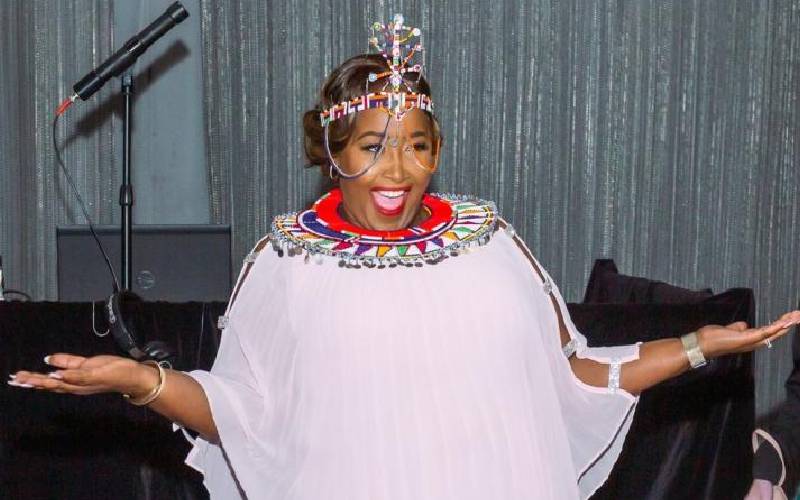×
The Standard e-Paper
Kenya’s Boldest Voice

Emily Korir at the book launch. [Courtesy]
On the day it happened, Emily Korir’s life was pretty ordinary. She was going to be the emcee at a friend’s birthday party and was preparing for that when everything in her body went wrong.